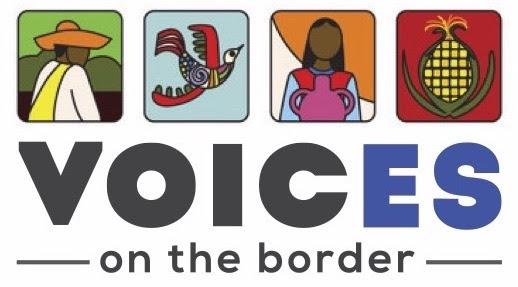We have reported on the Salvadoran gang crackdowns before, with information on mass arrests, hearings and institutional violence on the streets and in prisons. But what is the outcome of these extreme practices? This Small Wars Journal article by Jonathan D. Rosen provides a deep dive into the effects of the authoritarian policies.
The ongoing crackdown is far from the first in El Salvador's history. These radical measures were first implemented by former president Francisco Flores early this century, appealing to the public demand for security. In 2004, President Tony Saca doubled down on the totalitarian approach. Neither of them were very successful, instead fueling a spiral of violence and gang membership. In 2009 the public passed on the torch to left-wing politician Mauricio Funes. Funes started a new approach to combat gang related crime. He negotiated. All tough homicide rates dropped during his time in office. Funes lost his authority in 2014 when his vice-president, Salvador Sánchez Cerén, assumed the presidency. Following Sánchez Cerén's election, homicide rates skyrocketed to an unheard of 100 per 100,000 habitants in 2015. The re-rising of violence was a perfect legitimization for the reintroduction of iron fist ("mano dura") policies. In 2015, the Salvadoran Supreme Court voted to label gangs as terrorists, allowing for the deployment of the military and marking gangs as the number one security threat for the country's security.
In 2019, Salvadorans elected populist candidate Nayib Bukele as their new president. It was a choice based mainly on the ongoing violence and his declaration to keep up the radical anti-gang policies. Bukle delivered. In June 2019 he brought forward his territorial control plan, increasing police and military presence in areas known for heavy gang activities. In addition to his crackdown approach, Bukele secretly negotiated with MS 13, Salvador's most powerful gang. After journalists revealed this, institutional attacks on the press became routine.
Following a spike in homicides in March 2022, the Bukele administration declared a State of Exception (regímen de excepción), which has been extended several times. This hardline approach has not delivered the promised effect. In May, the gangs struck back, killing more than 60 people in a single day. A direct message to Bukele.
But what are the consequences of this crackdown policy?
The expanded State of Exception has led to over 50,000 arrests. A institutional signal that "the government is winning." In actuality, this is an ongoing circle of arrests, releases and re-arrests. This mass incarceration has caused overcrowded prisons, which now act as "schools of crime," enabling gangs to better organize. Gangs build their own institutions within the prisons, which today are seen as the epicenter for gang activity. No wonder, considering that the Salvadoran prison population has grown from "only" 7,754 in 2000, to 37,190 in 202o, the highest population per 100,000 in the world. One can only guess today's number.
The demand for security leads to a race to the bottom among politicians, ignoring alternative measures like prevention, rehabilitation and reintegration without which the underlying issues can not be solved.
Although the mass arrests and decrease in homicides may appeal to the political base, other crimes like forced disappearances and violence against specific groups are ignored. Women, in particular, are endangered, as they are treated as property.
Besides the iron fist policies, Bukele plans to stay in power by running for president once more, in direct violation of the Salvadoran constitution.
In sum, the crackdown has created many harms, leading to overcrowded prisons and oppression by security forces while failing to reduce violence and gang activities.
The problem with gang membership will not be solved without addressing its root causes--something that is impossible with the current heavy-handed approach.


